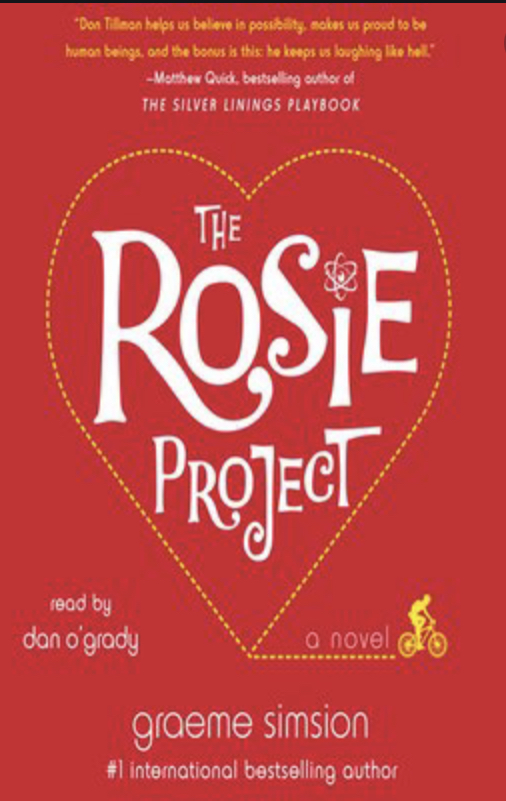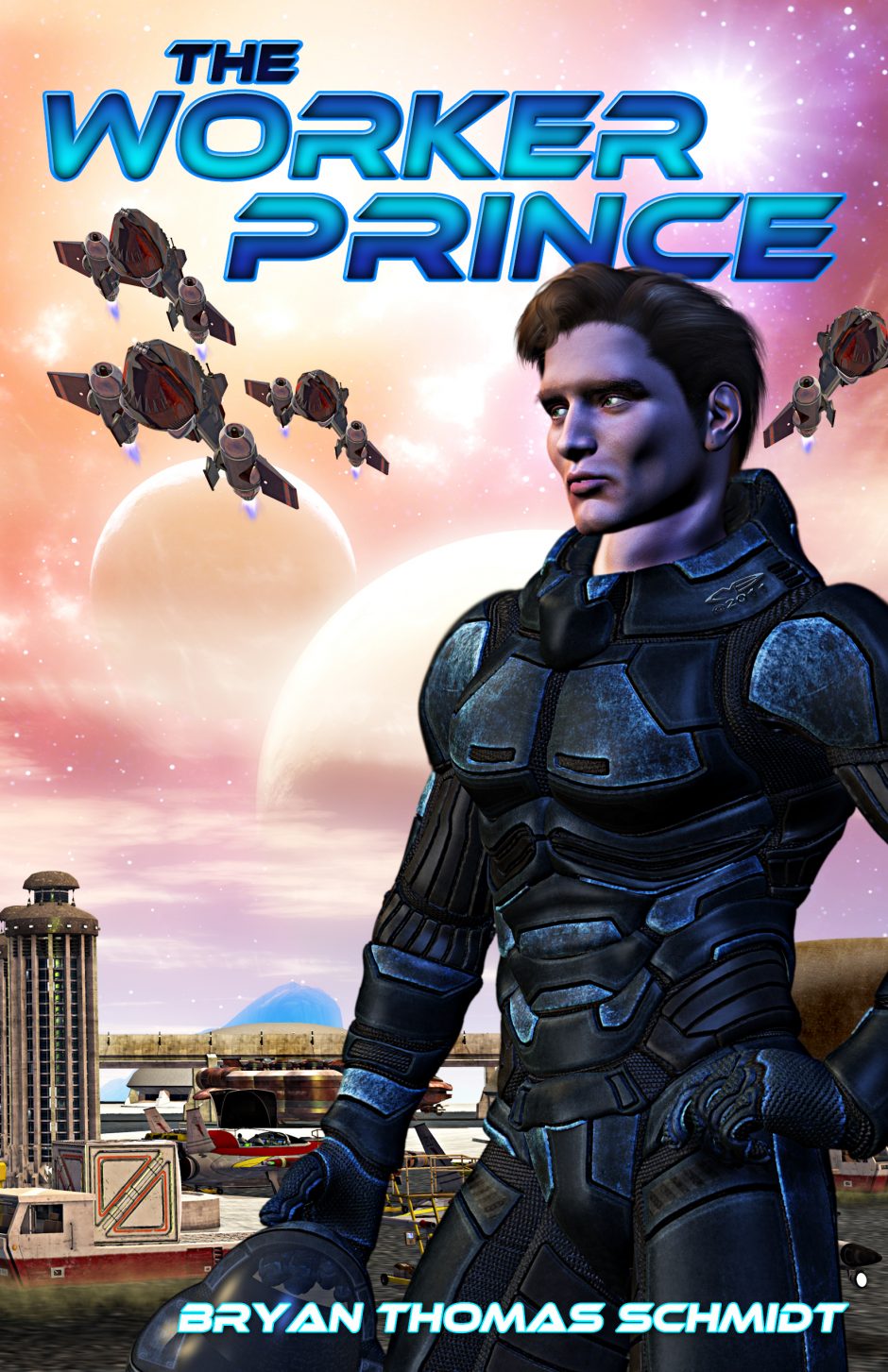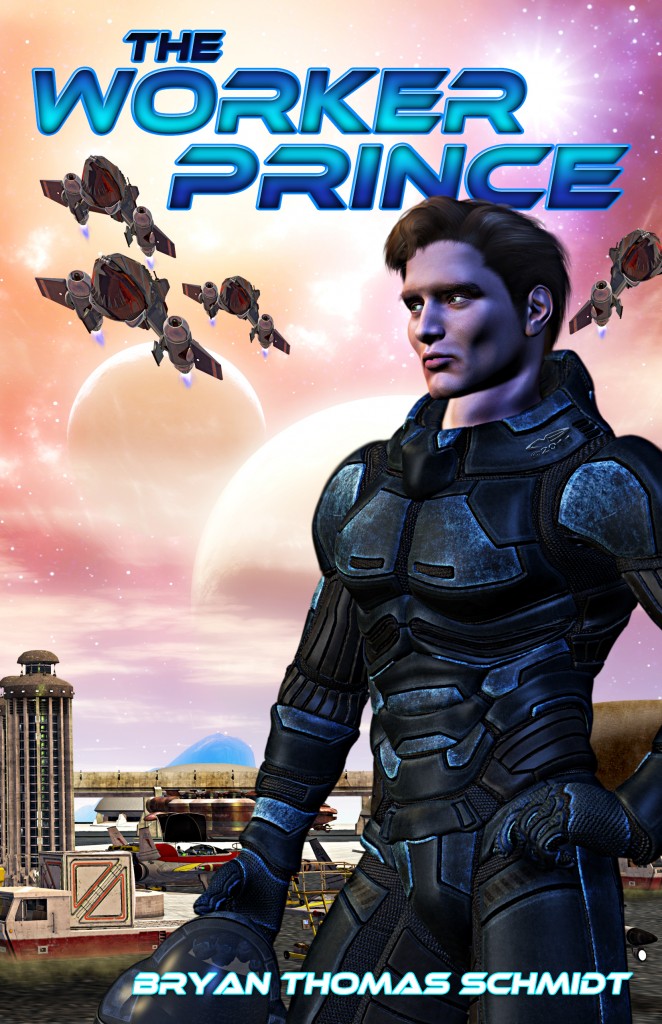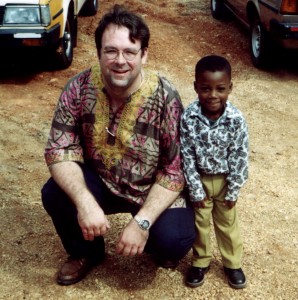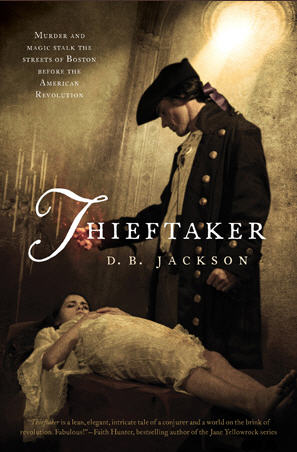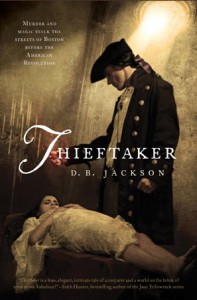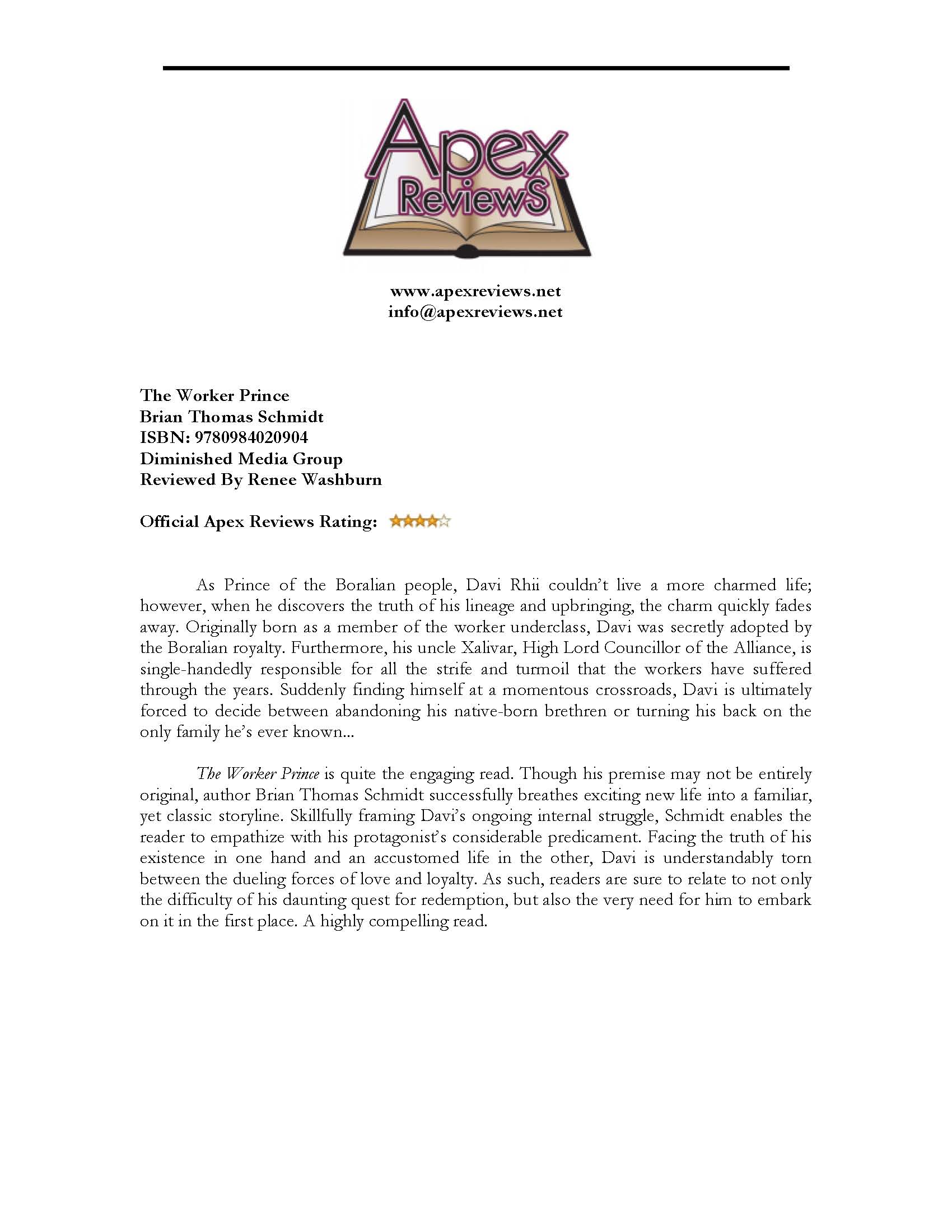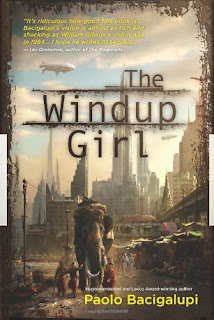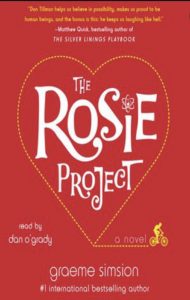 I don’t review books on here very often, and then only when I have nice things to say about them. There’s a reason for this: authors get mad and bad blood can be problematic in an industry where everyone knows everyone. But invariably as a writer, you tend to get critical of books and craft. You can’t just read for fun anymore. You get a glimpse at the inner works.
I don’t review books on here very often, and then only when I have nice things to say about them. There’s a reason for this: authors get mad and bad blood can be problematic in an industry where everyone knows everyone. But invariably as a writer, you tend to get critical of books and craft. You can’t just read for fun anymore. You get a glimpse at the inner works.
The Rosie Project by Australian author Graeme Simsion is an excellent example of a well drawn point of view, because you actually feel like you are seeing the world through the eyes of a character on the Autism or Asbergers spectrum (we’re never quite sure). Now the irony is the lead doesn’t know he’s on the spectrum, although he is quite capable of seeing these features in others. His name is Don Tillman and he’s a genetic researcher at a university, who in undertaking a research study he designed to help him find the perfect match for a wife (The Wife Project, he calls it) ends up meeting the imperfect match Rosie, a PhD student in psychology.
The two leads are exceptionally well drawn characters, but most of the supporting characters are not. In particularly, the supporting advisor characters of Don’s best friend and his wife never really full get realized. The story is aimed at the romantic comedy market and thus has a small cast of characters and only one point of view, primarily focusing on Don and Rosie. I found the plot grew more engaging as the book went along. What I did not find is a laugh out loud funny romp as some seem to describe it. There were certainly funny moments that I laughed, but mostly it was amusing. Autism and Asbergers are, after all, considered deviant states from normal (I hate the term disability), and as someone who had my own similar struggles living with ADHD, I don’t find that suitable for laughing at all. But it was fascinating. And unique. And surprisingly relatable, and it did make for a good story. Yet I write humor for a living and the best humor comes from situations and characters, not laughing at someone’s awkwardness, ignorance, or disability. So to me, the out of comfortable settings pieces worked best here as well as a few laugh out loud observations about the world around him, but overall, the struggle felt very real and that was no laughing matter.
Still, if you want to study how someone creates a unique point of view and brings it life in a very real, manifest way in a book, The Rosie Project would be a great place to start. The book’s faults aside, Don is very similar to Sheldon from The Big Bang Theory, and he is very well realized as we really come to understand how he sees the world and thinks with his own set of logic and understandings and how that shapes who he is and how he behaves. This is not always easy to do but Simsion pulls it off exceptionally well. And there are some poignant lessons here about love, compatibility, and the assumptions we make about both, too, that are good reminders of what really matters—not just are the perfect for me, but do I have fun with them, for example?
In the end, I would recommend this book even to those who don’t typically read romance as an example of fascinating craft and interesting characters, plus it’s short and light on its feet—a quick read and an amusing diversion with good insights into human nature.

